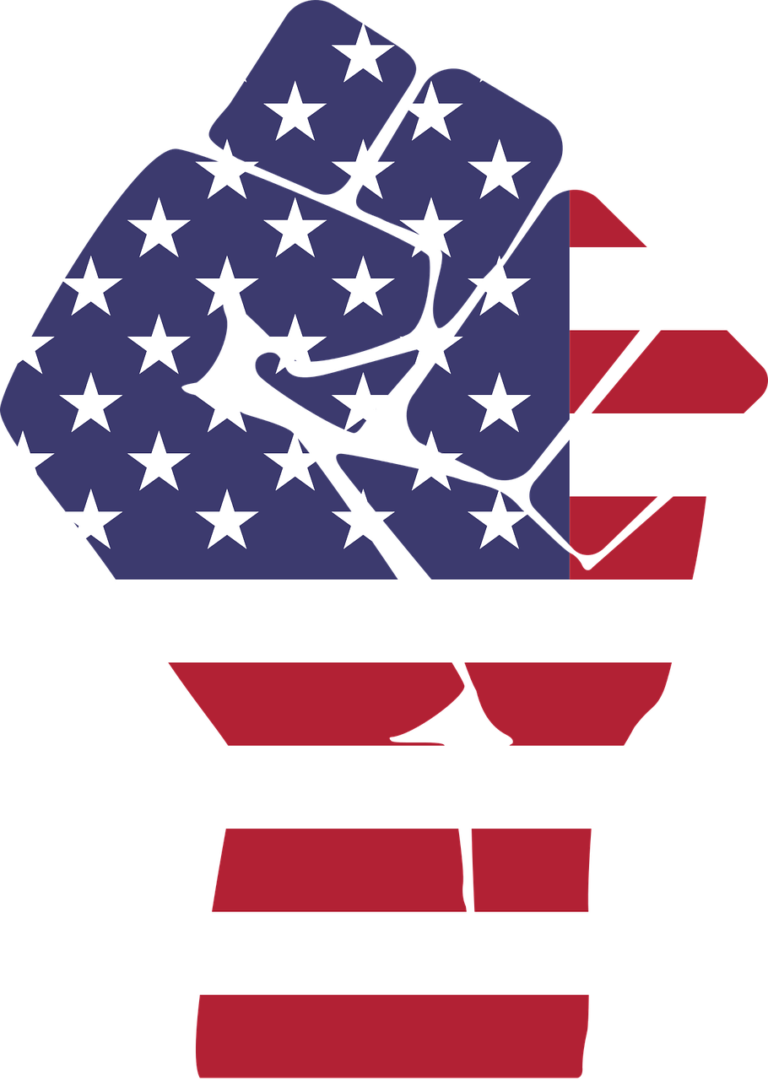
It is nearly 7 p.m. on Sunday, Jan. 10, four days after a mob descended on the U.S. Capitol building in Washington D.C.
Five people died.
One was a woman who was part of the group breaking into the building. She apparently was shot by Capitol police. Three others, also part of the throng, experienced health episodes during the chaos. And one Capitol police officer succumbed to injuries he received during the insurrection.
If ever there was an example of how our words carry immense power, the event of January 6 was it.
In this space, once a week for more than six months, I have tried to explain how our words matter, How we can’t call those who fundamentally disagree with our points of view terrible names and not expect repercussions. We cannot expect to vilify our opponents and be disgusted and offended when they do the same to us.
Some people have called the perpetrators of last week’s chaos villains. Others called them patriots. I believe they are neither. Instead, they are misguided Americans who hitched their wagon to a runaway horse that they now can’t stop.
Dissent and protests aren’t new to those of us living in the United States. Just this past spring, after the murder of George Floyd in Minneapolis, Minn., protests and riots erupted all over the country. U.S. citizens of color are tired of the systemic racism they face daily, and they took to the streets to voice their displeasure.
The United States was built on the idea of citizens being able to demonstrate and show their disfavor with the status quo. You could say it all started with the Boston Tea Party in 1773. One big difference? The 60 men who participated in the raid vowed to only damage property owned by the Crown. Property owned by Boston residents was left alone.
Americans haven’t shied away from showing their displeasure with a cause. In 1913, on the eve of the inauguration of Woodrow Wilson, a parade organized by the National American Woman Suffrage Association and activist Alice Paul, was broken up by spectators when they attacked parade participants. Police stood by and took no action to help the marchers. More than 100 women were injured. Women didn’t get the vote until seven years later.
Other protests – the March on Washington for Jobs and Freedom in August 1963 (when Martin Luther King Jr. delivered his “I Have a Dream” speech) and the Stonewall Riots in the summer of 1969 when LGBTQ activists fought back against police brutality and discrimination – have defined Americans’ activism.
But last week’s events in Washington D.C. cannot be compared to other protests in American history. First, the mob was incited with false information. Second, the mob was incited by the President of the United States, his personal lawyer and his son.
Protests are a foundation of American society. Those segments of our society who are marginalized or feel they are ignored can take to the streets and make sure people hear them. It goes back to simple human emotions – we want to be heard, we want to belong, we want to be taken seriously.
But what happened in the United States last week wasn’t any of that. Instead, an angry mob threatened members of Congress and the Vice President. They defiled offices and the Senate Chamber. They attacked police officers, in one instance beating one with an American flag.
I am ashamed that people around the world are judging all Americans by the actions of a few.
I pray that if any good comes from the events of January 6, it will be that our elected leaders are reminded why they were elected to represent the people of their constituencies in the first place.
Yes, they are in Washington to promote what is best for their hometowns and to amplify the voices of the people who put them there. But this is a time when we all must accept that the whole of our country is much bigger than the sum of its states and local parts.
Many things conspired to bring about last week’s events – an angry man, a misguided following, ill-prepared law enforcement, selfish lawmakers who were more interested in looking good to the playground bully than they were in representing the people.
Last week, I was obsessed with watching and reading any and all news. But I’ve decided to go on a “news diet,” as explained by Ryan Holiday in “Stillness is the Key.” I don’t want the images of what happened last week in Washington D.C. to take up any more space in my head.
I want to replace those images with something that will have a more positive effect on my own life and the lives of my family and friends. The lives of all people.
I want to cultivate stillness. I don’t mean nothingness. That would be fruitless. I want stillness so I can make informed decisions. I want stillness so I can seek the truth instead of believing a news outlet or social media post. I want stillness so I can see the beauty in our world, not the ugliness that is broadcast every evening on network news. I want stillness so I can focus my heart on the right things.
I want stillness so I can hear the voice of God.
Is that too much to ask?
How about you? What are your feelings about the riot in Washington? How do you protect your sanity during chaos? Comment below or send an email to susie@stix-n-stonez.com
Until next week,
Susie from Stix-N-Stonez.com
